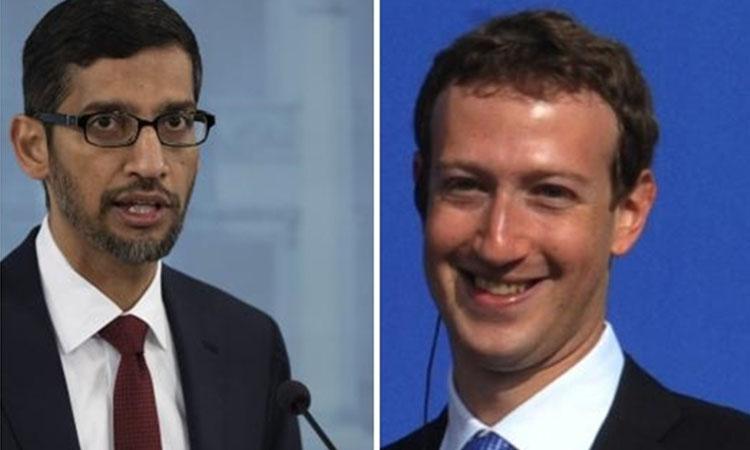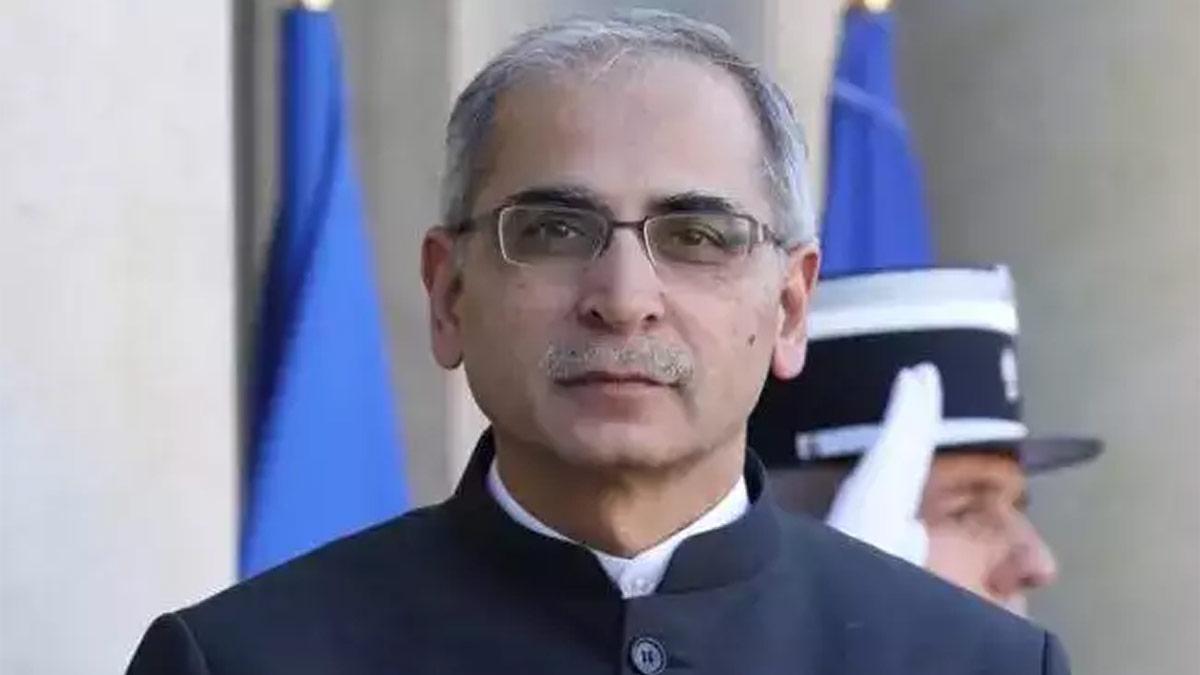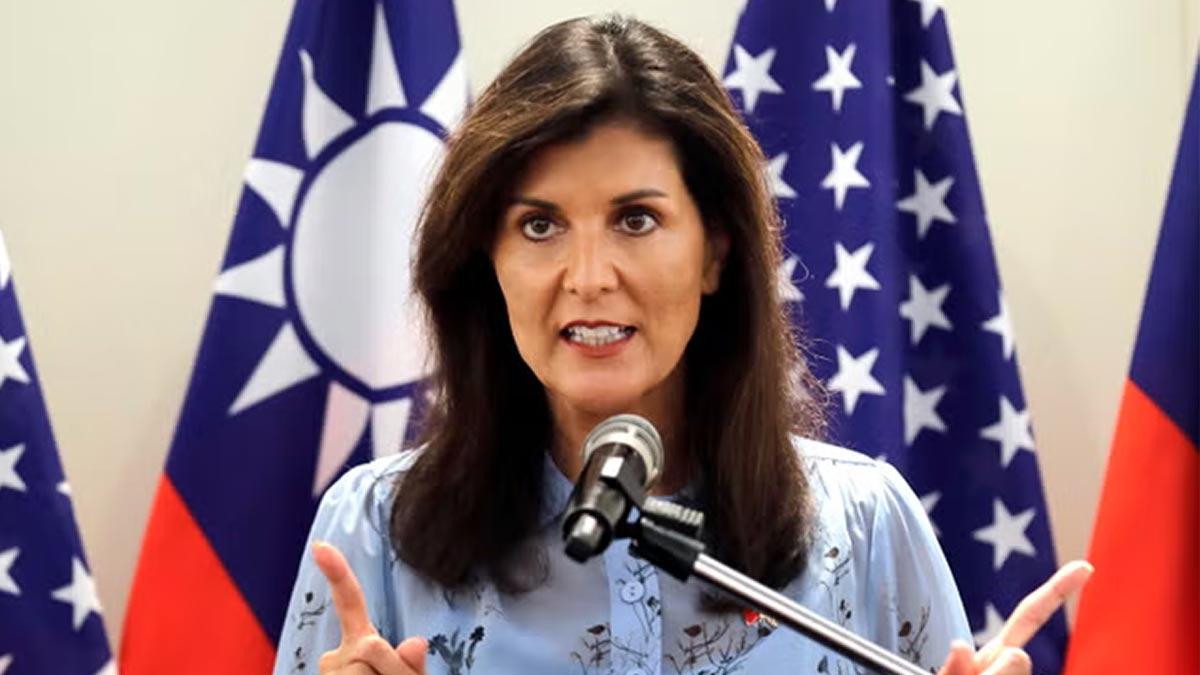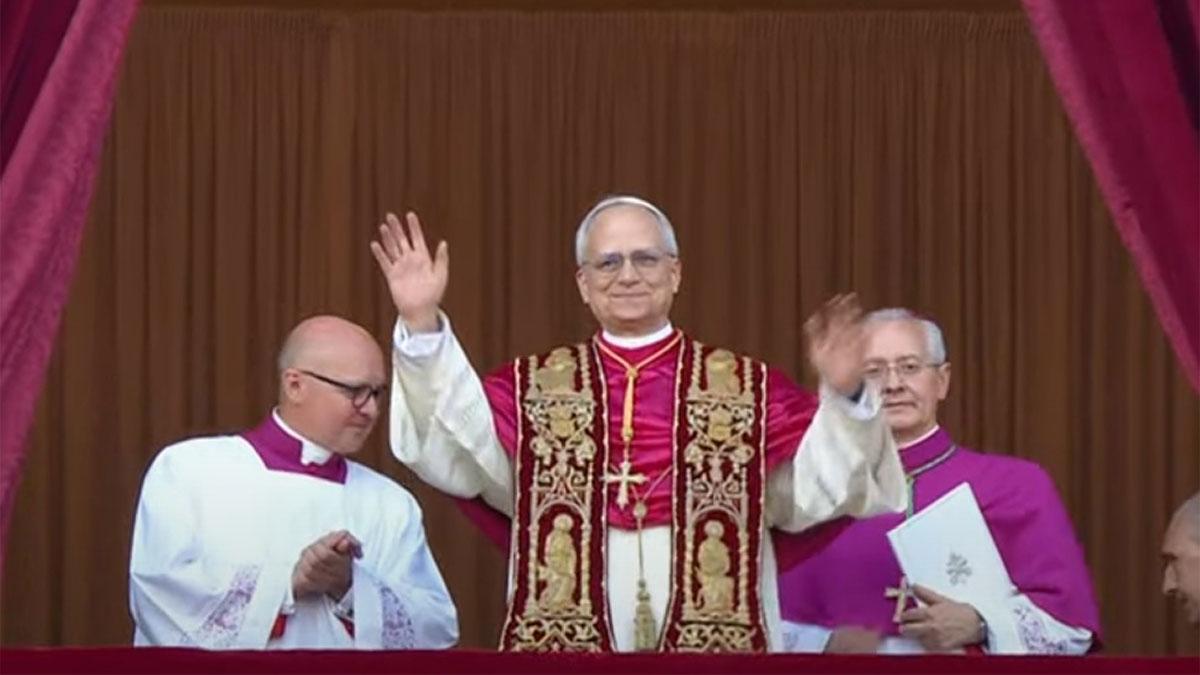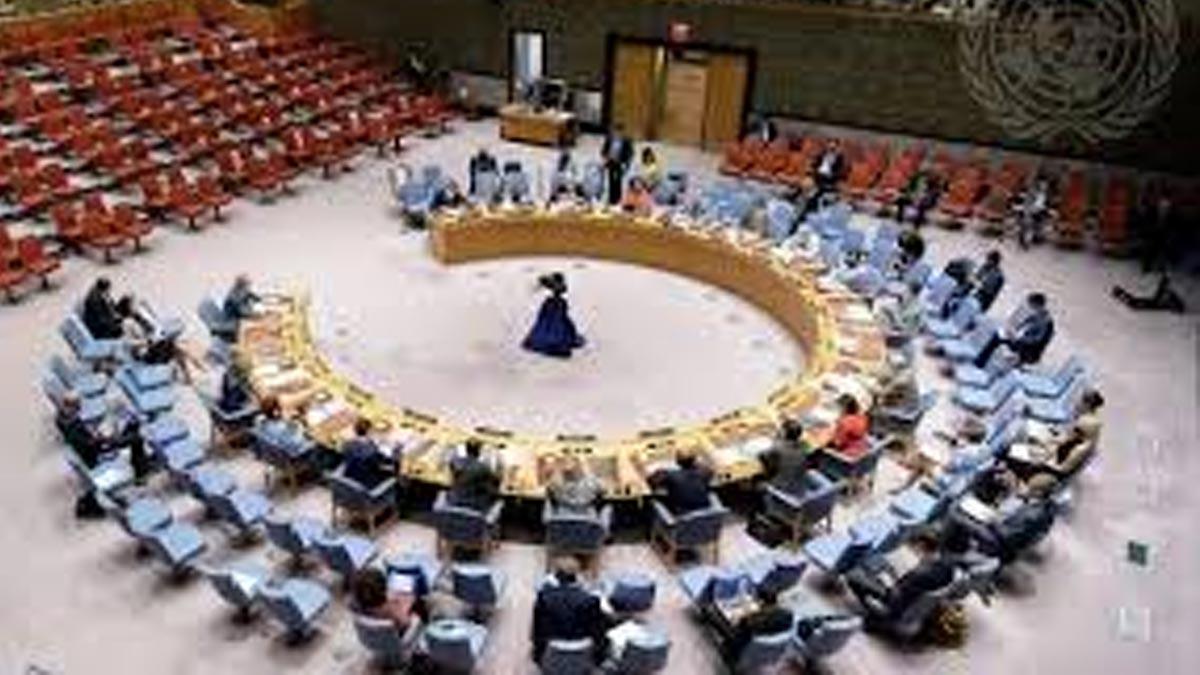Ahead of a key congressional hearing, Facebook CEO Mark Zuckerberg, Google and Alphabet CEO Sundar Pichai and Twitter CEO Jack Dorsey have defended their platforms, with Zuckerberg suggesting changes to the Section 230 of the Communications Decency Act while Pichai warning of dangers of repealing the section as planned by former US President Donald Trump.
The House Energy and Commerce Committee was set to grill the tech honchos on Thursday over misinformation plaguing their online platforms.
In his opening remarks published ahead of the hearing, Zuckerberg said that the company believes "Congress should consider making platforms' intermediary liability protection for certain types of unlawful content conditional on companies' ability to meet best practices to combat the spread of this content".
He said that instead of being granted immunity, "platforms should be required to demonstrate that they have systems in place for identifying unlawful content and removing it".
"Platforms should not be held liable if a particular piece of content evades its detection -- that would be impractical for platforms with billions of posts per day -- but they should be required to have adequate systems in place to address unlawful content," the Facebook CEO stressed.
This will be the first hearing by the tech giants after the Capital Chaos on January 6 and various actions the companies took in the wake of the attack.
Pichai said that Section 230 is foundational to the open web as it allows platforms and websites, big and small, across the entire internet, to responsibly manage content to keep users safe and promote access to information and free expression.
"We are, however, concerned that many recent proposals to change Section 230 - including calls to repeal it altogether - would not serve that objective well. In fact, they would have unintended consequences - harming both free expression and the ability of platforms to take responsible action to protect users in the face of constantly evolving challenges," Pichai stressed.
Dorsey focused on internal tools like Birdwatch programme that Twitter launched earlier this year to address misinformation on the platform, by allowing users to fact-check tweets.
Users in the pilot programme will eventually be able to add notes to tweets to provide context.
The US Energy and Commerce Committee Chairman Frank Pallone, Jr said recently that whether it be falsehoods about the Covid-19 vaccine or debunked claims of election fraud, "these online platforms have allowed misinformation to spread, intensifying national crises with real-life, grim consequences for public health and safety".
"This hearing will continue the Committee's work of holding online platforms accountable for the growing rise of misinformation and disinformation," Pallone had said.

